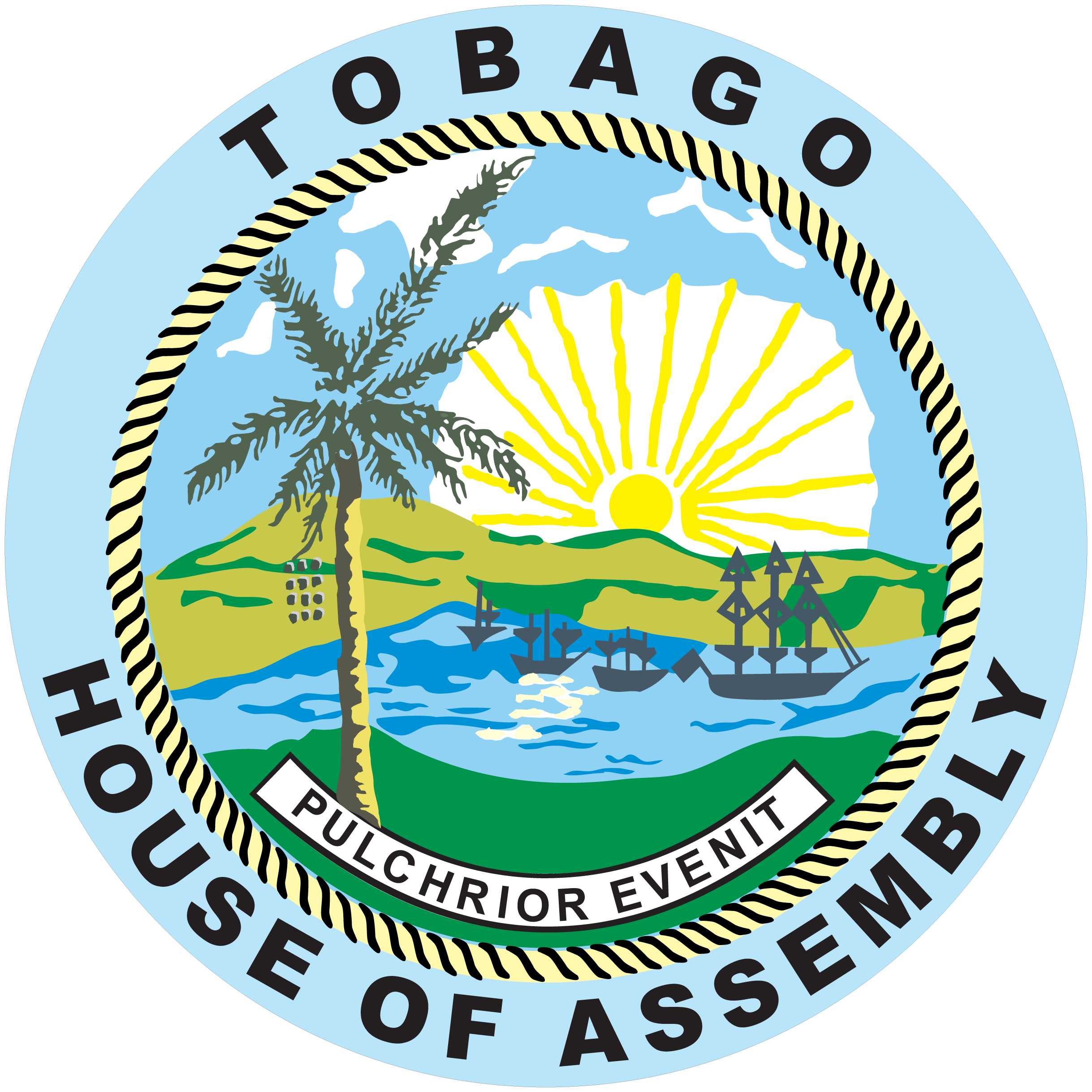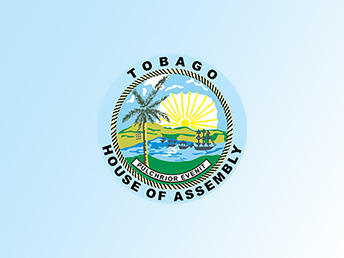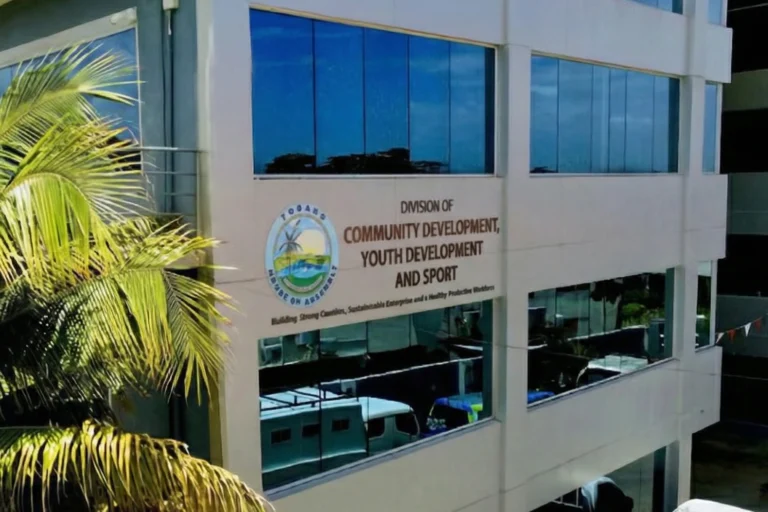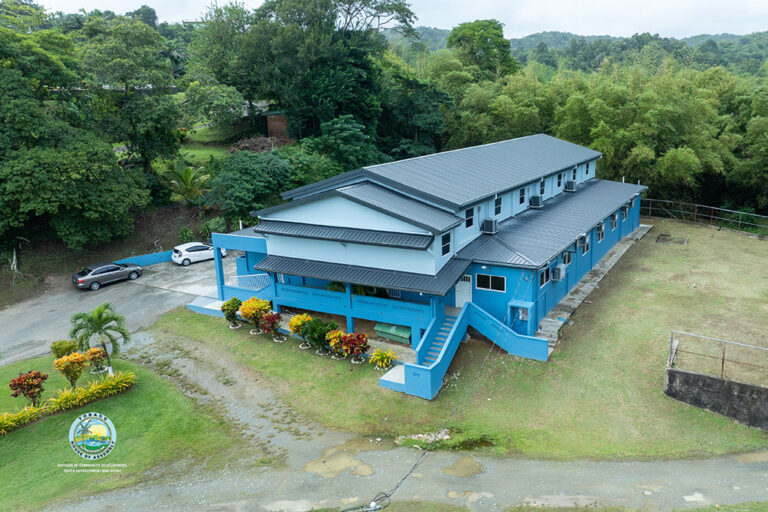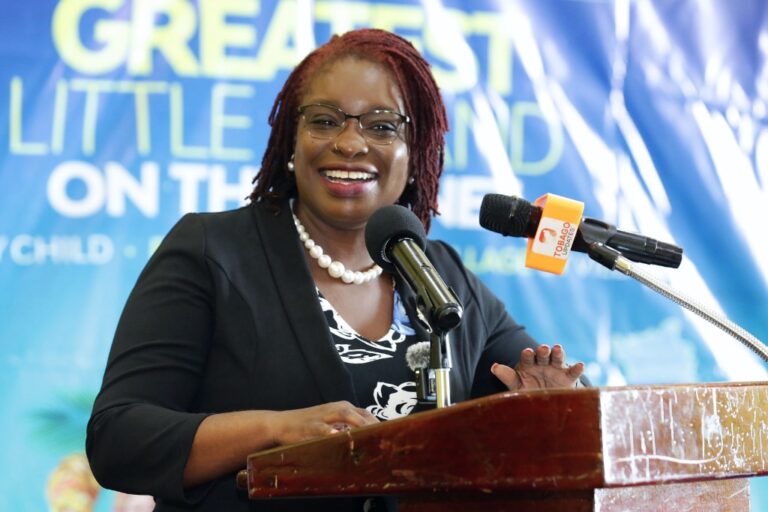Crime in Tobago is down but Tobagonians cannot afford to be complacent on the issue due to its negative impact on the island’s tourism sector.
According to Secretary of the Division of Tourism and Transportation Tracy Davidson-Celestine, Tobago is looking to strengthen its ability to cash in on visitor arrivals, which could bring in an estimated $550 million. This figure factors in an average spend of $US$3,000 per visitor on accommodations, meals, tours and other expenses by tourists to this island.
The Secretary was speaking during debate a motion on Tobago’s tourism sector at last Thursday’s (April 23) Tobago House of Assembly (THA) plenary sitting. Davidson-Celestine said the calculations are based on the arrival of a modestly-estimated 30,000 international visitors to Tobago.
That figure should also increase with the number of cruise ship arrivals expected to rise by 35 per cent in the winter season, which begins in November.
The motion called on the House of to support the Assembly and other relevant agencies such as the Ministry of National Security to “nurture (Tobago’s) clean green, safe and serene environment”, which she said would encourage more persons to visit the island.
The Tourism Secretary explained why the motion is important, saying there is a real threat to the growth and development of the tourism industry due to crime and deviant behaviour, which in turn is impacting Tobagonians.
She pointed to Trinidad and Tobago Police Service statistics, which show that crime on the island is dropping, adding that “we must be in a position to protect the gains that we have made to continuously protect and preserve our heritage”.
Davidson-Celestine noted that break-ins and robberies remain a serious challenge. Still, despite Tobago West MP Dr Delmon Baker’s callous statement in February, which unfairly compared Tobago’s gun-related murders to Trinidad’s, Tobago leads the Caribbean region when it comes to the safety of tourists.
Davidson-Celestine said the Division has aided tourism efforts by helping six properties to attain a two-star international rating, and has also enhanced beach facilities and attractions.
The Division is also about to embark on a major public awareness programme, which will work with communities to help them understand why protecting the tourism product is so critical.
“It will show them how everyone can benefit from the product and the need to keep Tobago clean, green, safe and serene,” Davidson-Celestine added.
According to Davidson-Celestine, the marketing objectives of Destination Tobago are to sustain air transport, increase the number of tourist arrivals, increase visitors’ spending, and attract new investments in the form of tourism accommodation, marinas, amenities and ancillary services.
The Division has also engaged a reputable agency in Brazil to help market Tobago as a tourist destination via GOL Airlines, which recently added Tobago as a weekly route, the Secretary said. A number of travel agents and travel media are expected to visit Tobago to learn about the island’s unique selling points to boost their marketing endeavours.
The Tobago Hospitality and Tourism Institute (THTI) has also assisted by adding Portuguese language courses to its curriculum. Portuguese is the major language in Brazil.
